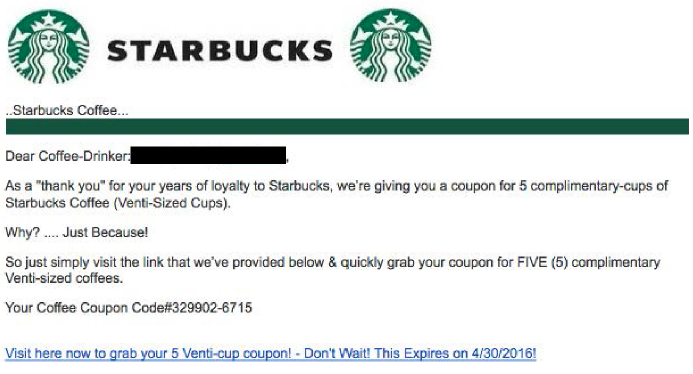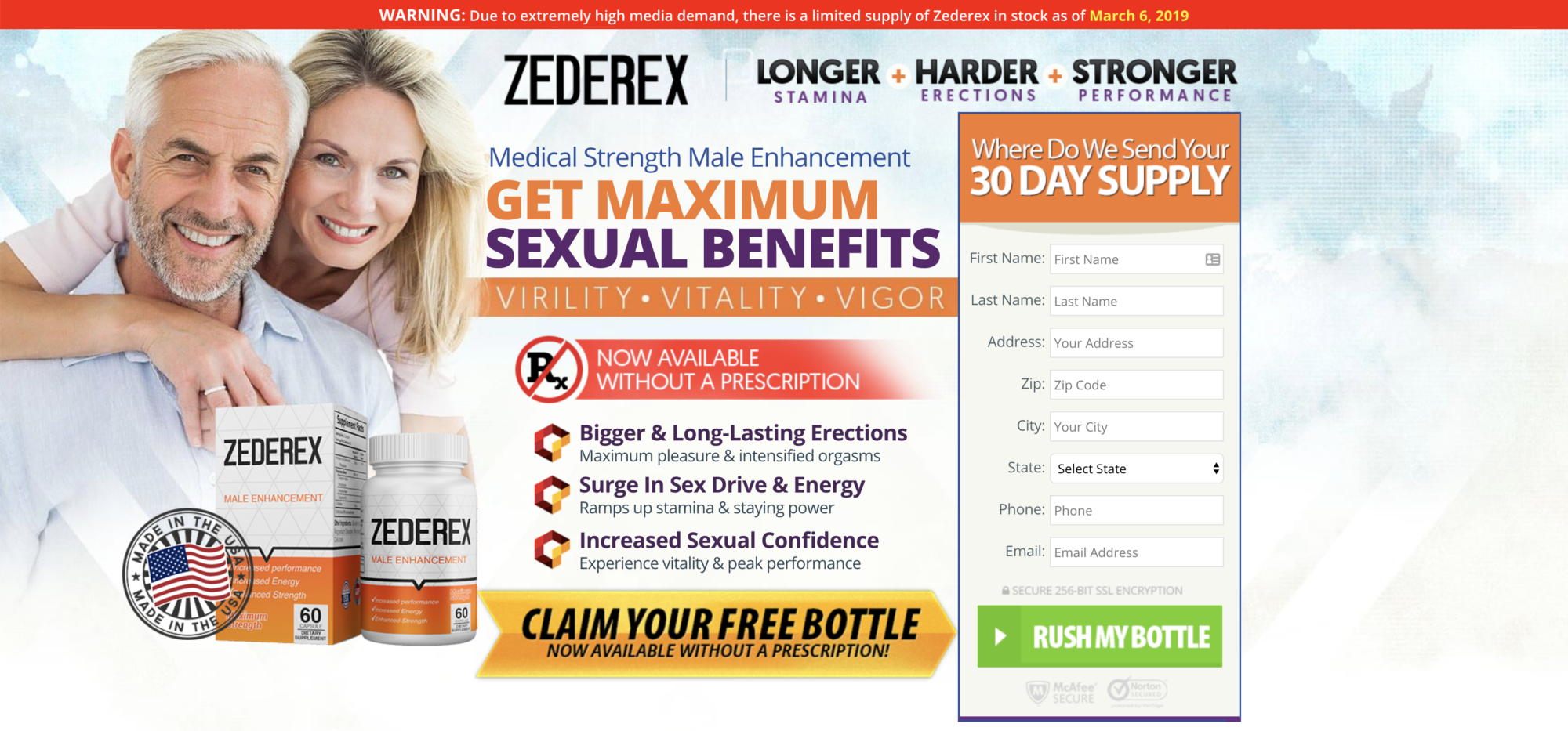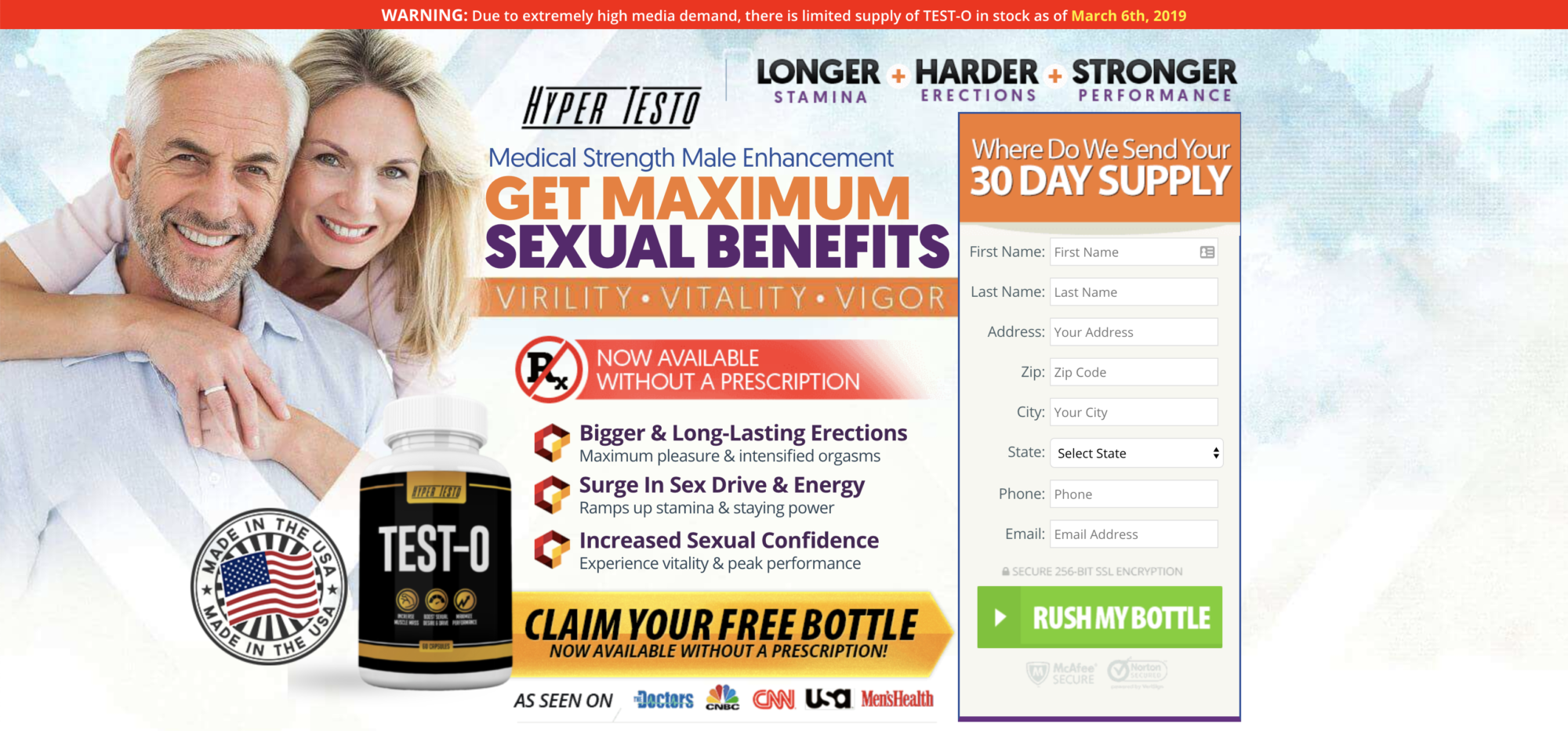
Crowd Cow’s ‘$100 of Free Meat’
As a TINA.org reader put it, it’s only “free” if you first spend money.
The initial offer came to us via email:
Dear Coffee-Drinker … As a ‘thank you’ for your years of loyalty to Starbucks, we’re giving you a coupon for 5 complimentary-cups of Starbucks Coffee (Venti-Sized Cups). Why? … Just Because!
Looking past the arbitrary hyphenation and capitalization — the prospect of free coffee our one and only concern — we clicked on an embedded link to claim our coupon. That brought up a website — rewardslink.net — with an even better offer for a $100 Starbucks gift card. It appeared that all we had to do was complete a three-question survey to receive the gift card.
But after completing the questionnaire, the site wanted to know more. A registration form requested, among other things, our name, address and phone number, and contained these four additional questions:
We wondered what our credit card debt and bad knees had to do with our admiration of Starbucks coffee. Fine print on the registration form explained the inquiry:
By Clicking YES to the questions shown I consent to receive autodialed and/or pre-recorded telemarketing calls from or on behalf of Medical Device Mart, Country Wide Periodicals, Inc, Time 2 Read, Inc, Great American Readers, American Publishers, and Subscription Ink, DataChamps LLC, Diabetes Help Now, Quality Medical Products, Alliance Health, Dr. Ho, Degreesurf, College road, myjobhunter. I understand that consent is not required to register or obtain my gift.
No, thank you.
We were unsuccessful in our attempts to move forward without surrendering our personal information. That, coupled with the fact that the site’s privacy policy and participation terms would not load, was enough to pass on this offer.
Be wary of sites and surveys promising rewards of any kind. They are not free, and can often lead to your information being released to a number of third parties.
Find more of our coverage on gift cards here.
Our Ad Alerts are not just about false and deceptive marketing issues, but may also be about ads that, although not necessarily deceptive, should be viewed with caution. Ad Alerts can also be about single issues and may not include a comprehensive list of all marketing issues relating to the brand discussed.
As a TINA.org reader put it, it’s only “free” if you first spend money.
Webpage promoting ED pill is the quintessential example of fake news.
TINA.org gives this ED pill a failing grade.


